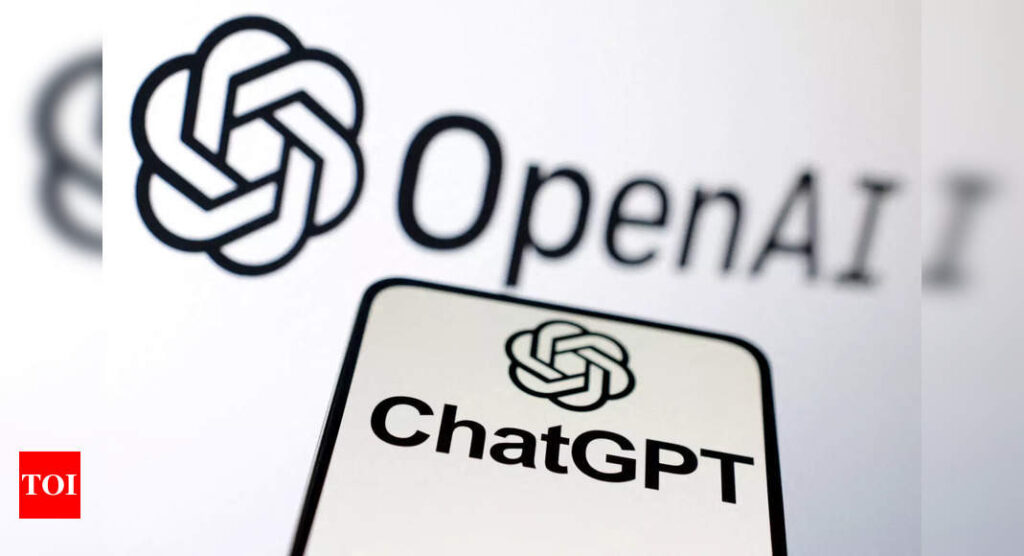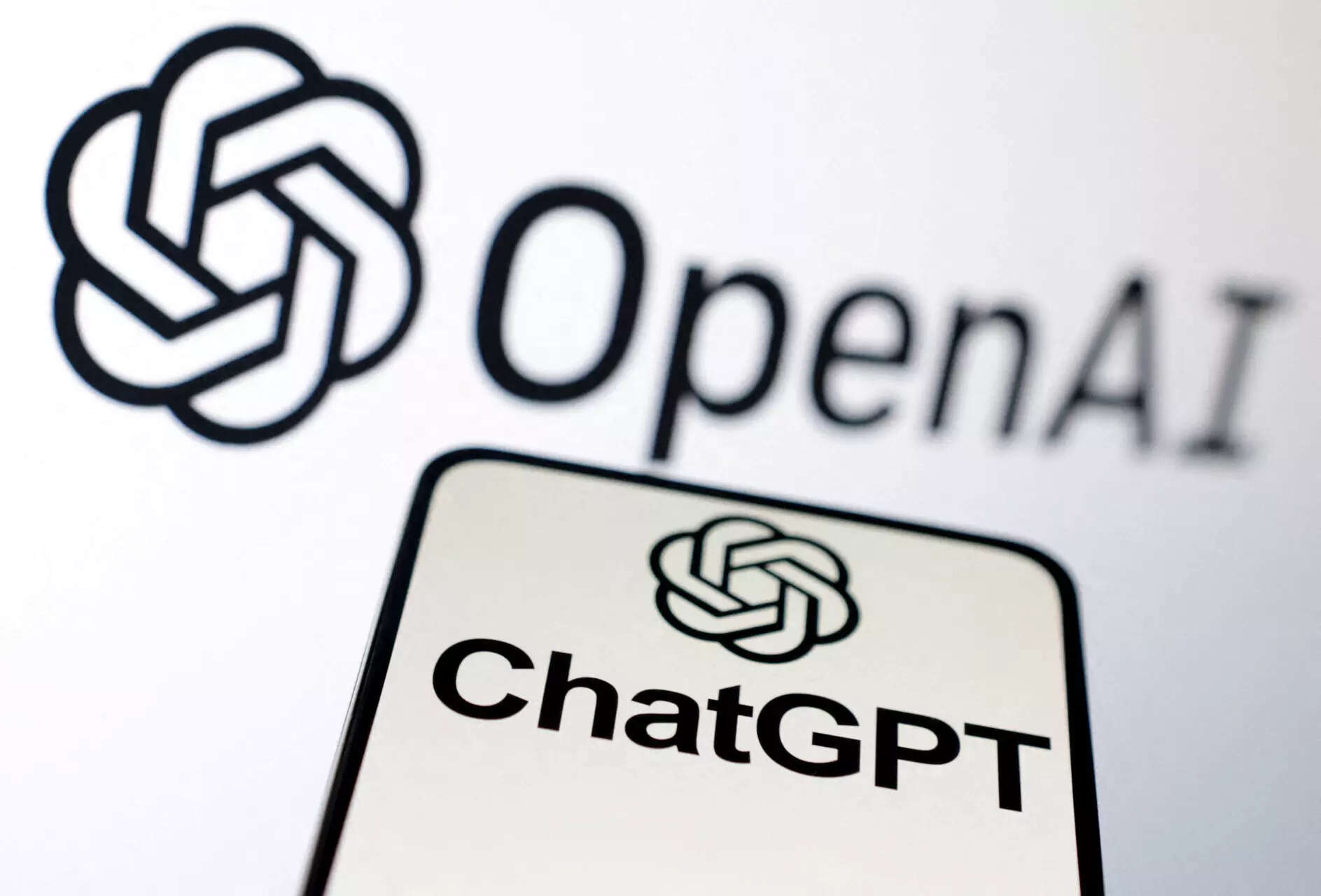[ad_1]
There have been discussions around how AI technology may affect jobs and tech companies, like Google, Microsoft and OpenAI have, have insisted that AI will assist in today’s jobs. In a similar light, a study has found that OpenAI’s AI chatbot ChatGPT may be better than a doctor at following recognised treatment standards for clinical depression.
According to a study published in the journal Family Medicine and Community Health, ChatGPT was found to have the potential to offer fast, objective, data-derived insights that can supplement traditional diagnostic methods as well as provide confidentiality and anonymity.
“ChatGPT offers several advantages over primary care physicians and even mental health professionals in detecting depression,” the researchers wrote in the study.
Researchers argued that primary care physicians may have trouble conforming to the guidelines by which they are able to distinguish between typical distress and bona fide anxiety or depressive disorders. In order to test the ChatGPT’s capabilities, the researchers input different case descriptions into the chatbot’s interface.
What researchers found
The researchers found in their analysis that the proposals of ChatGPT are in line with the accepted guidelines for mild and severe depression treatment. They also found that unlike the treatments proposed by primary care physicians, ChatGPT’s therapeutic recommendations are not tainted by gender or social class biases.
“ChatGPT-3.5 and ChatGPT-4 aligned well with accepted guidelines for managing mild and severe depression, without showing the gender or socioeconomic biases observed among primary care physicians,” they said.
They, however, issued caution that further research is needed to see how well this technology can manage severe cases as well as potential risks and ethical issues arising from its use.
According to a study published in the journal Family Medicine and Community Health, ChatGPT was found to have the potential to offer fast, objective, data-derived insights that can supplement traditional diagnostic methods as well as provide confidentiality and anonymity.
“ChatGPT offers several advantages over primary care physicians and even mental health professionals in detecting depression,” the researchers wrote in the study.
Researchers argued that primary care physicians may have trouble conforming to the guidelines by which they are able to distinguish between typical distress and bona fide anxiety or depressive disorders. In order to test the ChatGPT’s capabilities, the researchers input different case descriptions into the chatbot’s interface.
What researchers found
The researchers found in their analysis that the proposals of ChatGPT are in line with the accepted guidelines for mild and severe depression treatment. They also found that unlike the treatments proposed by primary care physicians, ChatGPT’s therapeutic recommendations are not tainted by gender or social class biases.
“ChatGPT-3.5 and ChatGPT-4 aligned well with accepted guidelines for managing mild and severe depression, without showing the gender or socioeconomic biases observed among primary care physicians,” they said.
They, however, issued caution that further research is needed to see how well this technology can manage severe cases as well as potential risks and ethical issues arising from its use.
[ad_2]
Source link











More Stories
Google Maps: Three privacy features coming to Google Maps on Android, iPhones
Most-Downloaded IPhone App: This Chinese app was the most-downloaded iPhone app in the US in 2023
Ukraine’s largest mobile operator goes offline for millions of users after cyber attack